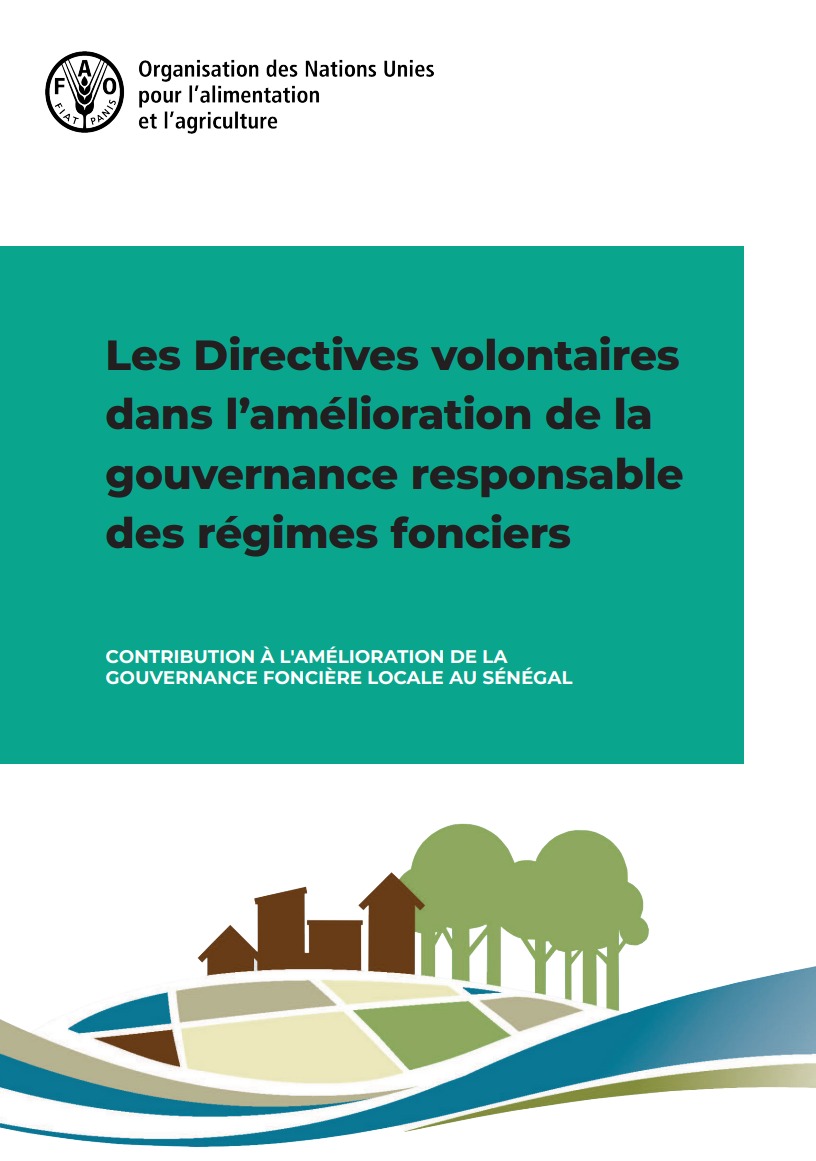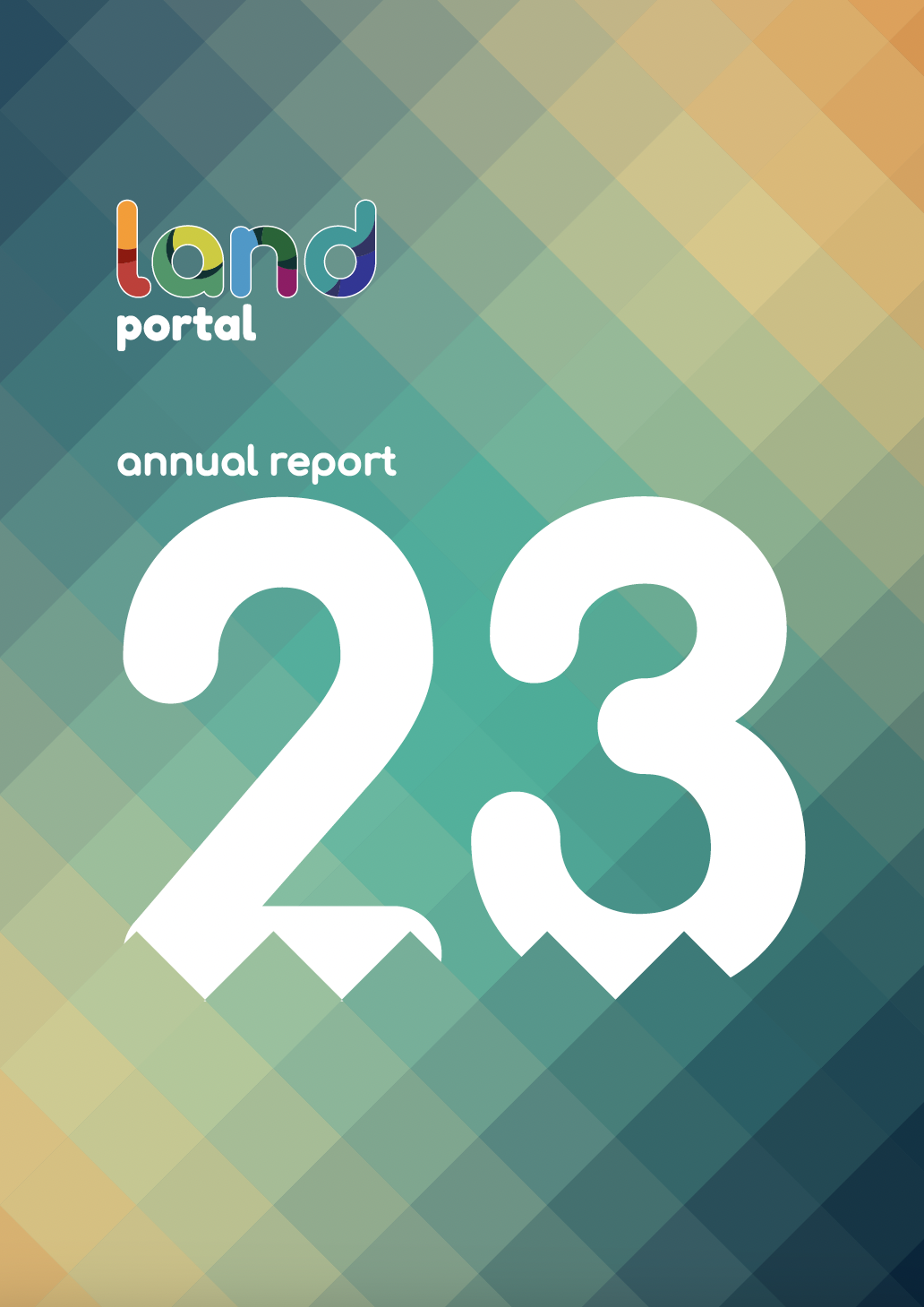Kenya Land Policy Making, Implementation and Outcomes:This Far
Ten years ago, Kenya made a land policy[1] to secure land rights, promote economic growth, investment and reduction of poverty. This paper seeks to examine how the policy has fared towards improvement of livelihoods, establishment of an accountable and transparent institutional system. The paper looks at three processes of making, implementation and outcomes of the Policy that are interlinked, yet requires to be separated so as to come to terms with what has happened to the land sector in Kenya.



